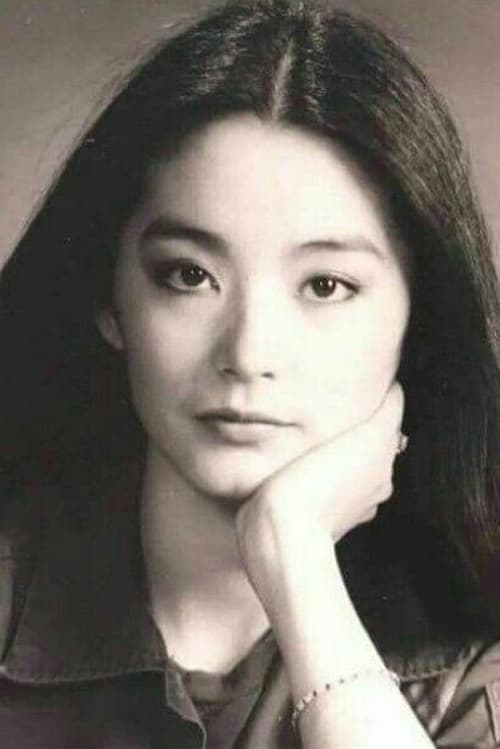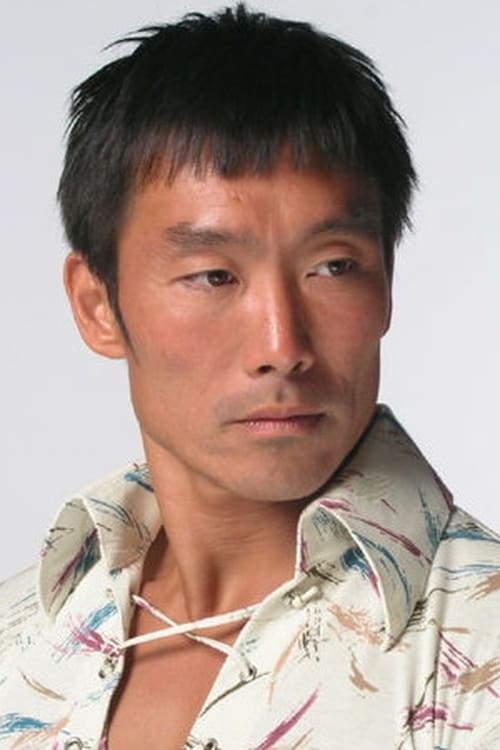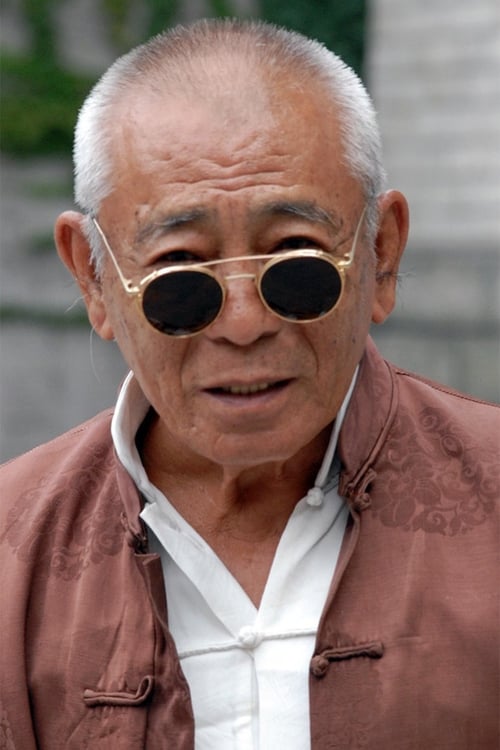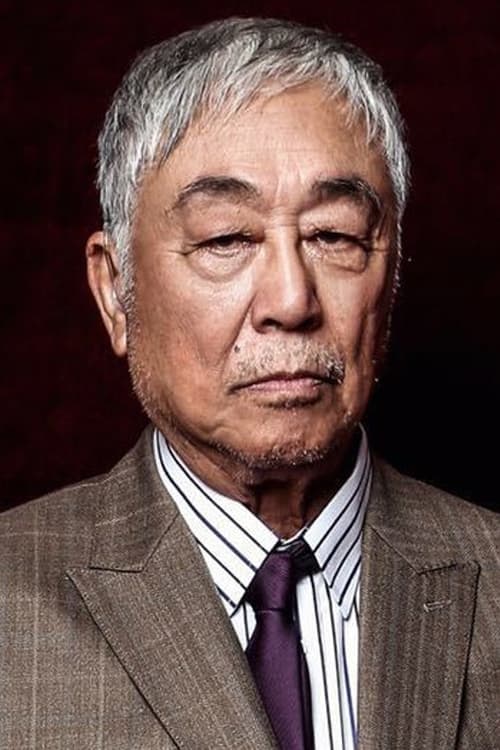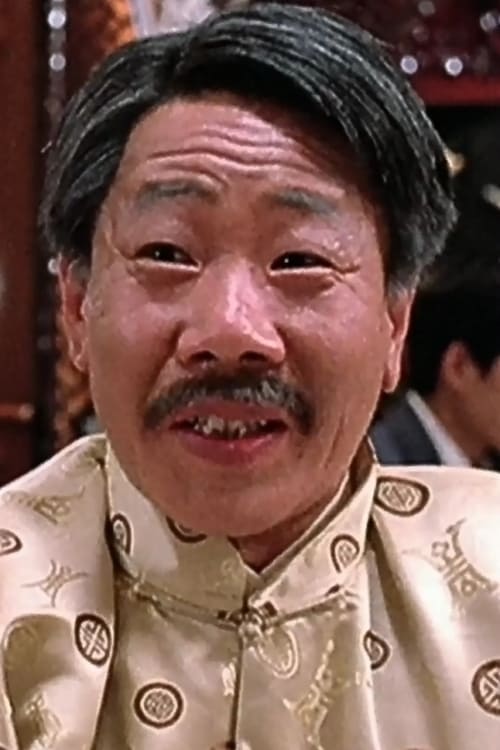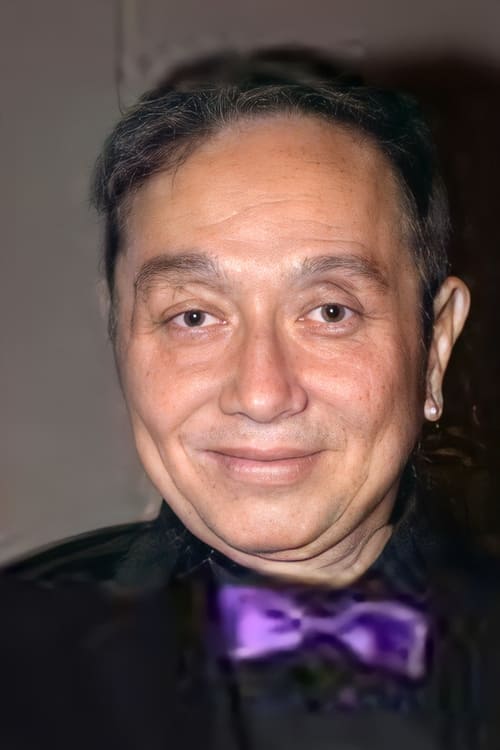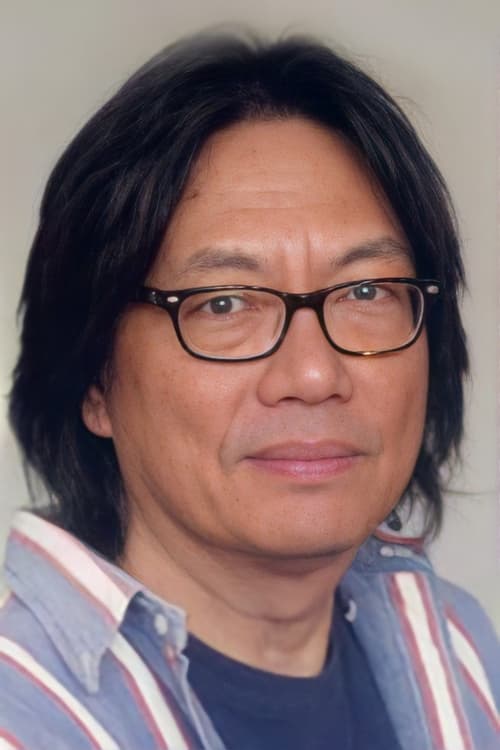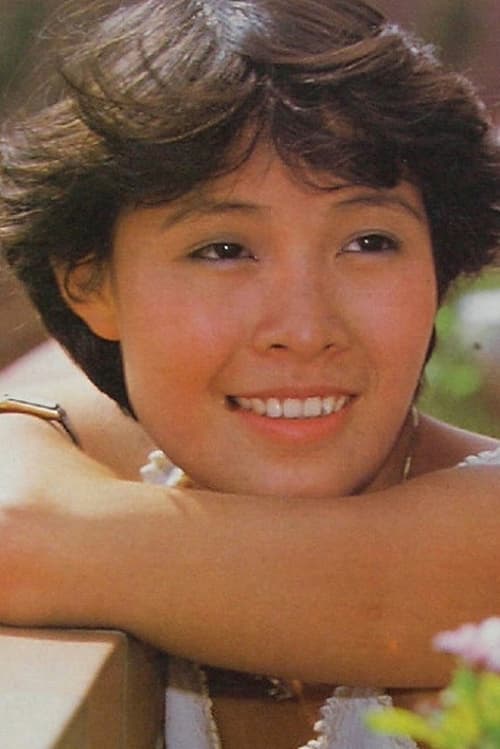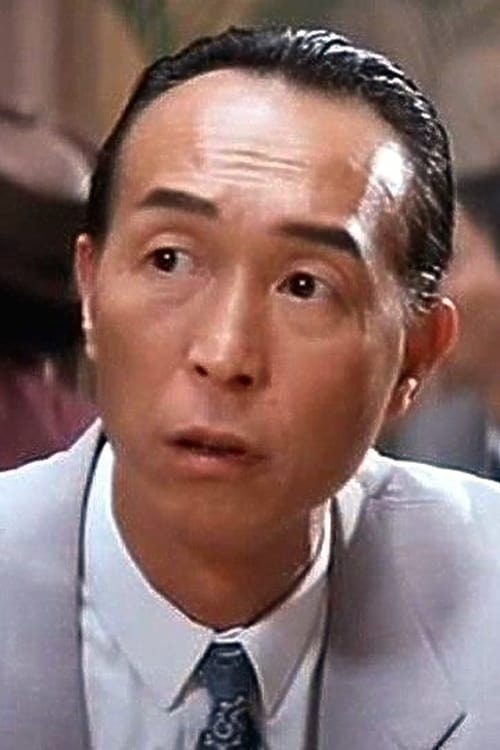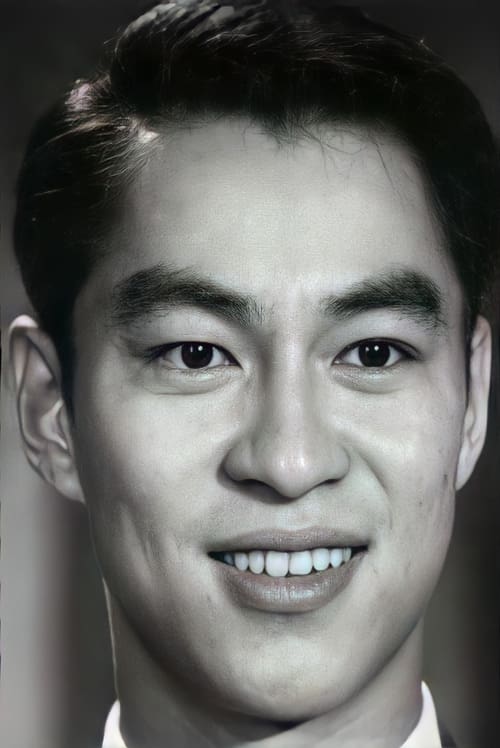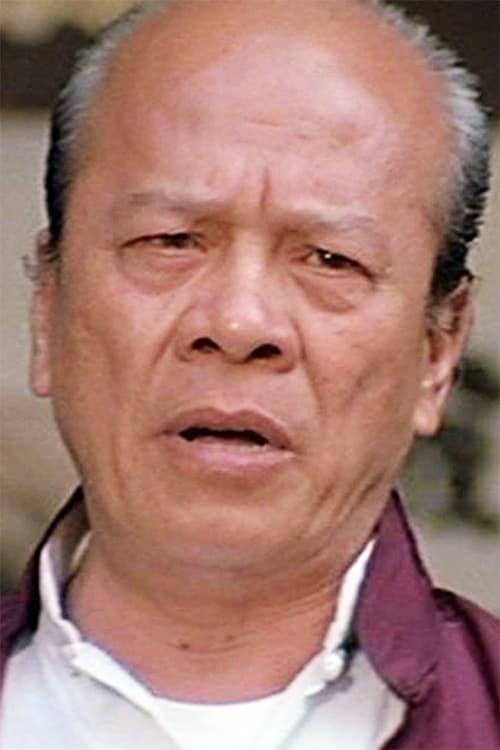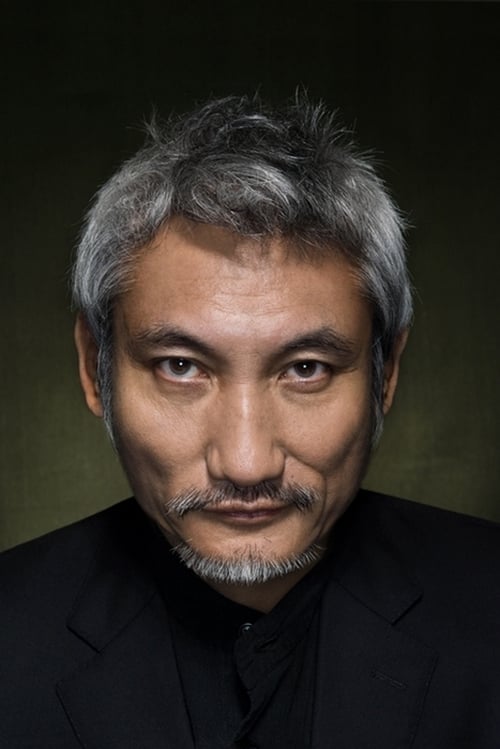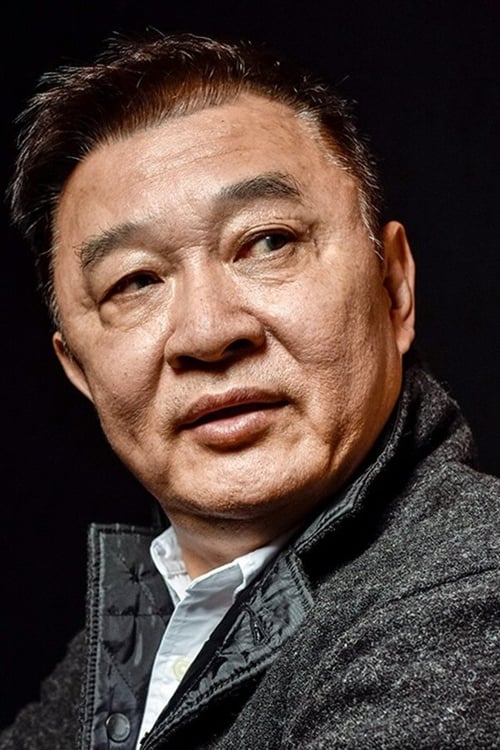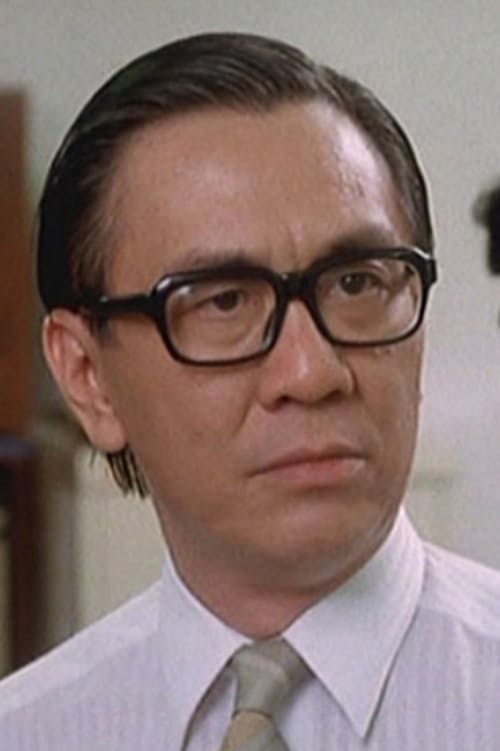Sonhos da Ópera de Pequim (1986)
Gênero : Ação, Comédia
Runtime : 1H 44M
Director : Tsui Hark
Sinopse
Cinco personagens se unem pelo acaso e com diferentes interesses, em meio aos conflitos políticos na Pequim da década de 20.
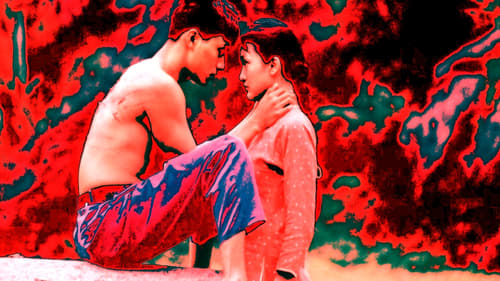
During the Cultural Revolution, two young men are sent to a remote mining village where they fall in love with the local tailor’s beautiful granddaughter and discover a suitcase full of forbidden Western novels.
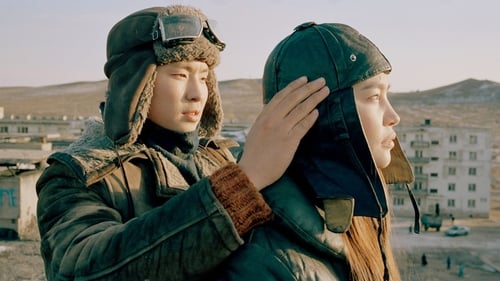
Set in the frozen steppes of Mongolia, a young nomad is confronted with his destiny after animals fall victim to a plague which threatens to eradicate nomadism.
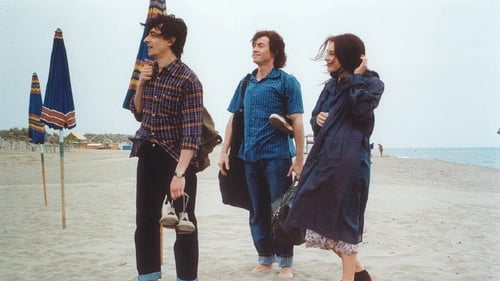
Os irmãos Nicola e Matteo tem as vidas transformadas após tentarem resgatar uma jovem que sofria torturas em um manicômio na década de 60. O filme conta desde então os acontecimentos da vida dos dois rapazes até os dias atuais.
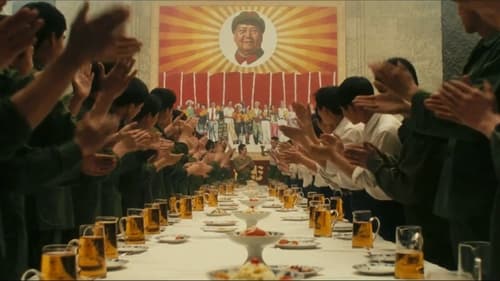
Beijing, 1970s. The Cultural Revolution has driven most adults to the provinces leaving 14-year-old Monkey and his pals have free reign over the city. They hang around, get up to no good, and discover that unsolvable mystery known as "girls."

The poet and painter, Lawrence Ferlinghetti, is among the world's living monuments to arts and letters. For well over a half century, Ferlinghetti helped shape the currents of poetry and literature with his forceful engagement with society and an ideological position that often found him at odds with the political currents of his day. Ferlinghetti's quiet, behind the scenes demeanor and disarming mien may have assuaged, or even fooled, certain opponents, while in reality he was a literary mercenary, a rebel at the forefront of our own cultural revolution.
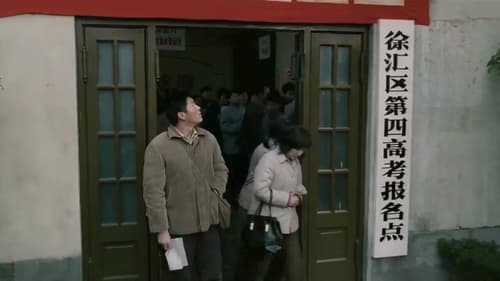
At the close of the Cultural Revolution, a group of young idealists battle for the right to return home and restart their lives after years of toil on a state run re-education farm in China.

Pre-Cultural Revolution propaganda at its most lavish, this model opera depicts the history and evolution of the Communist Party of China under Mao Zedong from its founding in July 1921 to the establishment of "New China" in 1949. Detailed in the musical are several key events in CPC history such as the Northern Expedition, the KMT-led Shanghai massacre of 1927, the Nanchang Uprising and formation of the People's Liberation Army, the Long March and the founding of the PRC on October 1, 1949.

The history of the irreverent "The Smothers Brothers Comedy Hour" and the content battles it fought with its television network.

An animated remake of the 1974 children's movie "Shan shan de hong xing"

This landmark documentary reveals the tragic life of a gifted young woman who was executed for speaking out during the height of Chairman Mao’s rule.

Based on a novel by the same name written by Gu Hua, a melodrama about the life and travails of a young woman who lives through the turmoil of the Cultural Revolution.

From 1972 until 1974, Joris Ivens and Marceline Loridan, along with a Chinese film crew, documented the last days of the Cultural Revolution, marking the end of an era. The vast amount of footage they shot was edited into 14 films of varying lengths. Focusing on ordinary people spread over a wide geographic area—many of whom were living and working in collectives—the filmmakers recorded a unique moment in history, and also captured some of the more enduring aspects of Chinese culture.
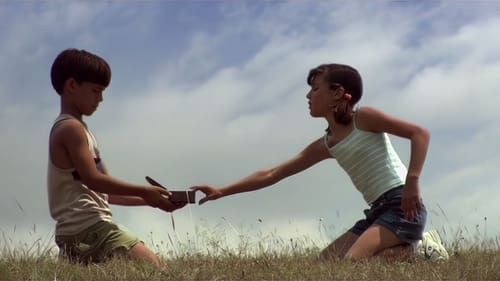
The friendship between two children is threatened by their parents’ differences. Malú is from a family that was upper-class before the Revolution and remains well-to-do through remittances from relatives overseas, and her single mother (Larisa Vega Alamar) does not want her to play with Jorgito, as she thinks his background coarse and commonplace. Jorgito’s mother (Luisa María Jiménez Rodríguez),
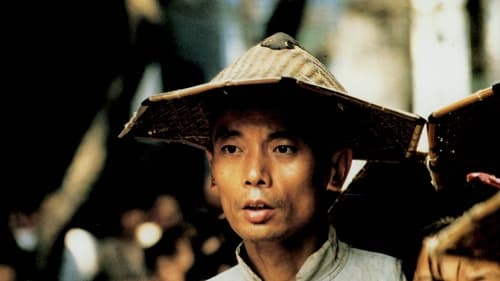
Fugui and Jiazhen endure tumultuous events in China as their personal fortunes move from wealthy landownership to peasantry. Addicted to gambling, Fugui loses everything. In the years that follow he is pressed into both the nationalist and communist armies, while Jiazhen is forced into menial work.
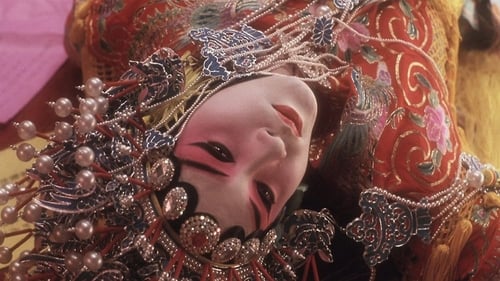
Na Pequim de 1925, a academia “Toda Sorte e Felicidade” ensina a arte da interpretação a meninos pobres e sem lar. Um deles, Douzi (Mingwey Ma), é filho de uma prostituta. O garoto Shitou (Yang Fei) o protege e se torna seu amigo. É um lugar com um sistema de aprendizado puxado, dirigido pelo mestre Guan Jinfa (Lu Qi). Por seus traços femininos, Douzi é treinado a fazer papéis de mulher, enquanto Shitou, um tipo mais rude, papéis masculinos. Os anos passam, Douzi e Shitou aprofundam seus estudos e se tornam atores famosos da Ópera de Pequim. Cheng Dieyi (Leslie Cheung) e Duan Xiaolou (Zhang Fengyi), nomes que adotam na vida artística, continuam amigos e interpretam a peça Adeus Minha Concubina. Quando Xiaolou se apaixona pela prostituta Juxiam (Gong Li), a amizade começa a se desfazer e eles param de trabalhar juntos. É o momento para decidir se prevalecerá a amizade de Dieyi e Xiaolou ou o amor de Juxian e Xiaolou.

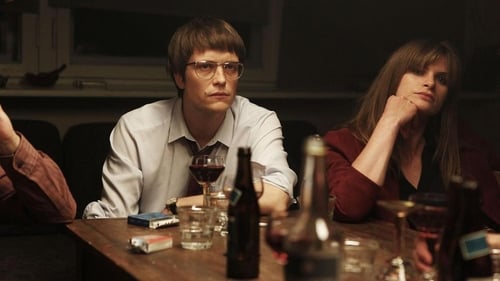
Alemanha Ocidental, início dos anos 60. Bernward Vesper (August Diehl) e Gudrun Ensslin (Lena Lauzemis) são colegas de faculdade que iniciam um relacionamento amoroso. Apaixonados pela palavra escrita, eles resolvem fundar uma editora. A primeira publicação é um antigo trabalho do pai de Bernward, um polêmico autor nazista. O livro logo é atacado, mas Bernward defende a habilidade como escritor do pai, mesmo com o peso de seu passado. Não demora muito para que ele passe a também questionar a participação do pai no Terceiro Reich de Adolf Hitler.

The film Morning Sun attempts in the space of a two-hour documentary film to create an inner history of the Great Proletarian Cultural Revolution (c.1964-1976). It provides a multi-perspective view of a tumultuous period as seen through the eyes—and reflected in the hearts and minds—of members of the high-school generation that was born around the time of the founding of the People’s Republic of China in 1949, and that came of age in the 1960s. Others join them in creating in the film’s conversation about the period and the psycho-emotional topography of high-Maoist China, as well as the enduring legacy of that period.

Inverno, 1979. Na pequena cidade de Fenyang na remota província chinesa de Shanxi, um grupo de teatro apresenta uma peça glorificando Mao Zedong. A vida de Minliang e dos outros camaradas gira em torno das representações e das histórias de amor que acontecem. Na Primavera de 1980, a vida do grupo de teatro sofre mudanças, com a entrada das influências ocidentais. Quando a política do Governo muda, os subsídios do grupo são cortados e a companhia é privatizada. A incerteza paira sobre o futuro do grupo e sobre as relações entre os vários elementos.

When her country is taken over by socialist revolutionaries, a wealthy woman can't bear to give up all of her wealth and possessions to the new government, so she hides all of her treasures in the 12 chairs of a dining-room set. After her death her nephew finds out what she had done and, since the chairs had been "nationalized" and are now in the possession of a dozen different people, he sets out to track them down and get the treasures he believes rightfully belong to him.

